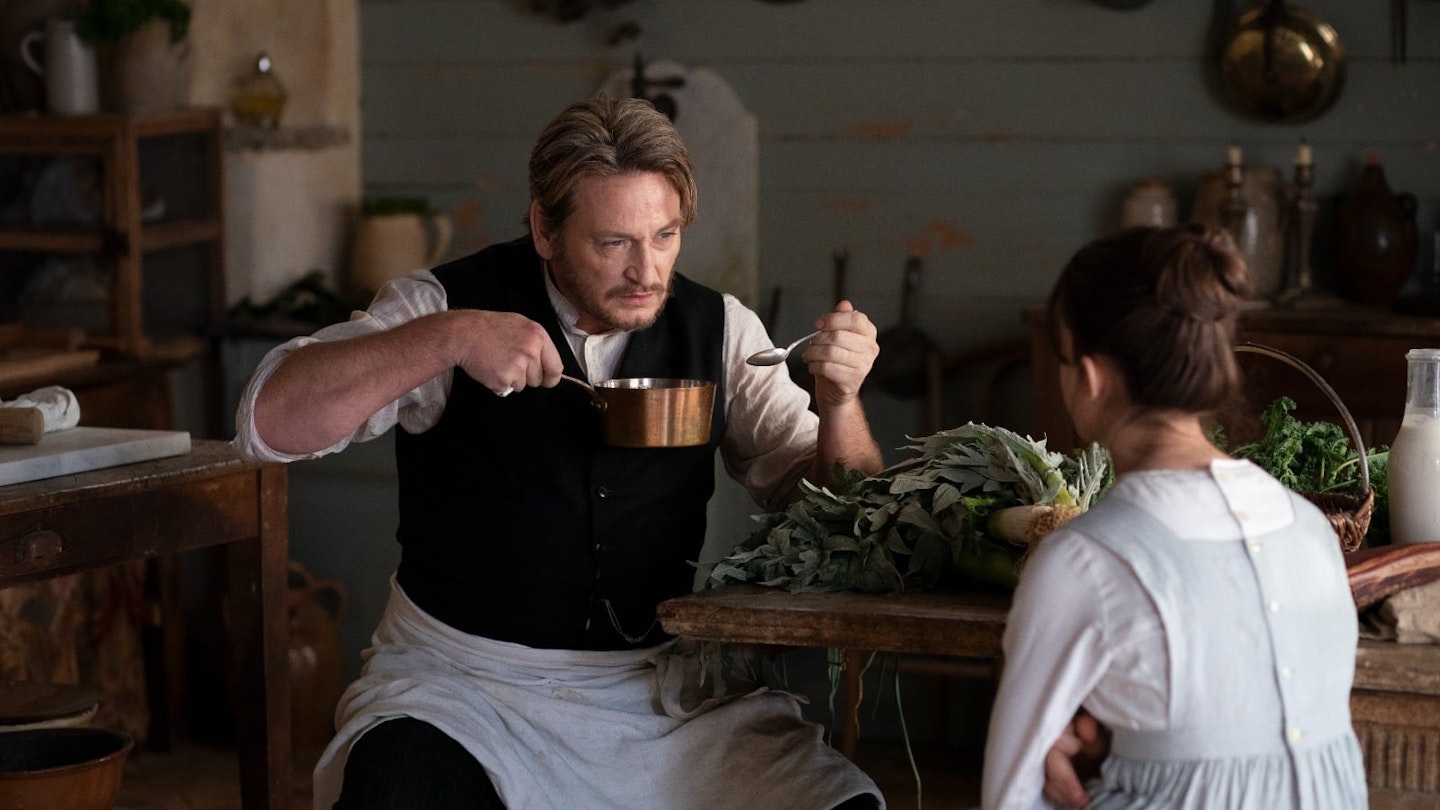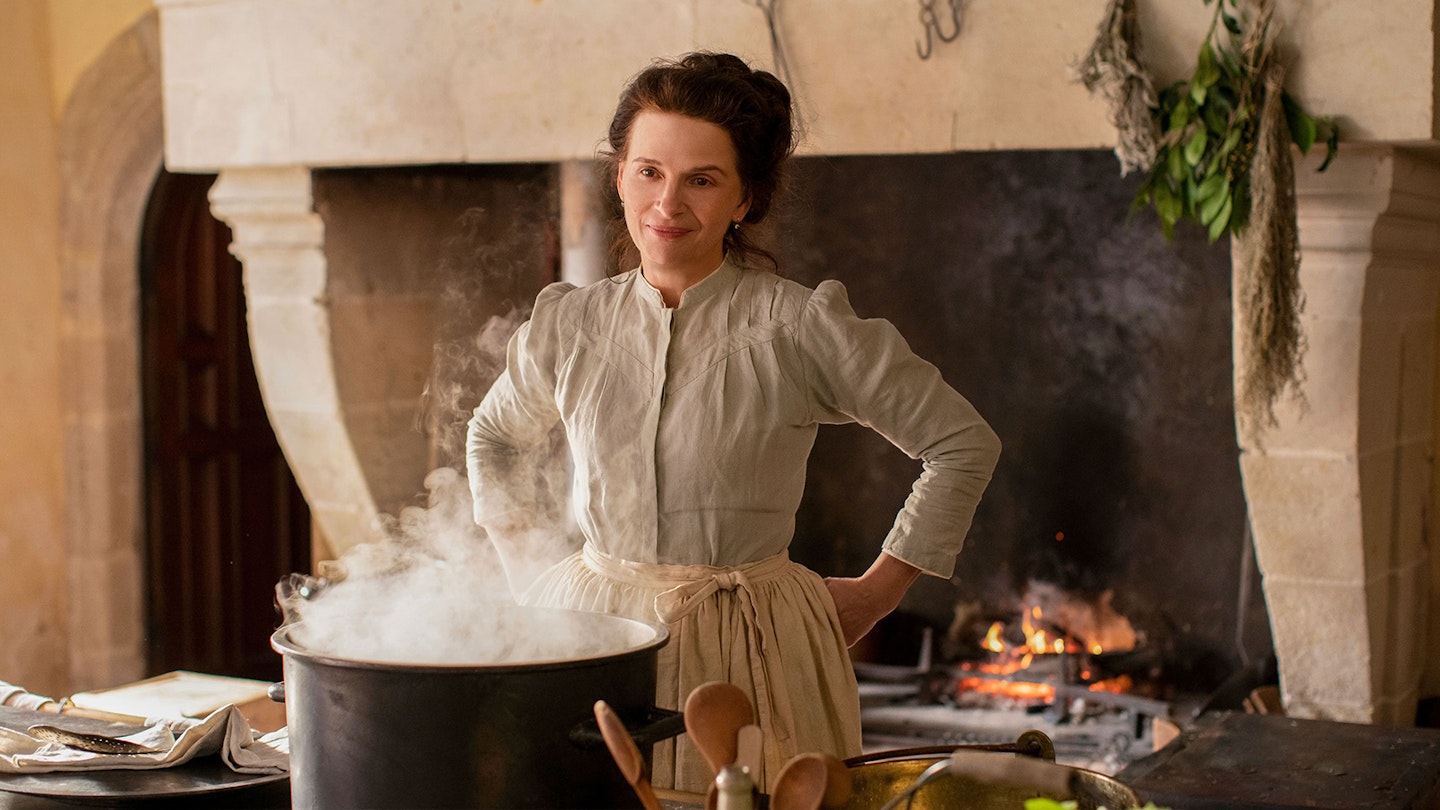What must they have thought in France's Oscar committee office? After Trần Anh Hùng had won Best Director at Cannes for The Taste Of Things, an adaptation of Marcel Rouff's 1924 novel The Passionate Epicure, this visually ravishing and emotionally delicate costume drama seemed like a shrewd choice for a Best International Film pick. Alas, not only did it fail to get nominated at this year’s Academy Awards, but it was also shut out of major categories at the Césars (the ‘French Oscars’).

This seems a little unfair. The César-nominated contributions of cinematographer Jonathan Ricquebourg, production designer Toma Baquéni, and costumier Trần Nữ Yên Khê in this film are impeccable. Creating a painterly tactility, Ricquebourg's seductive lighting is exceptional — whether gilding sunlight is seeping into the kitchen or flickering flames are illuminating the meticulous culinary activities of Binoche and Magimel. Not since Gabriel Axel's Babette's Feast (1987) has the preparation and consumption of food been so sensually and reverentially depicted. The authenticity is enhanced by the off-camera expertise of three-star Michelin chefs Pierre Gagnaire and Michel Nave. But the secret ingredient is the music-free sound mix.
Vietnamese-French director Trần Anh Hùng has been in foodie territory before with The Scent Of Green Papaya (1993) and knows that an audience needs more than its appetite whetting. So there's a real romantic frisson between Dodin and Eugénie — made all the more intimate and poignant by the real-life history between Magimel and Binoche (they were previously in a real-life relationship for several years). The status of women, the class structure, and France's culinary and cultural reputations all come under scrutiny, while generational respect is considered in an intriguing torch-passing subplot involving Pauline (Bonnie Chagneau-Ravoire), a farmhand's daughter with a surprisingly refined palate. Yet, while there's much to nourish the mind, this is primarily a feast for the eyes.
